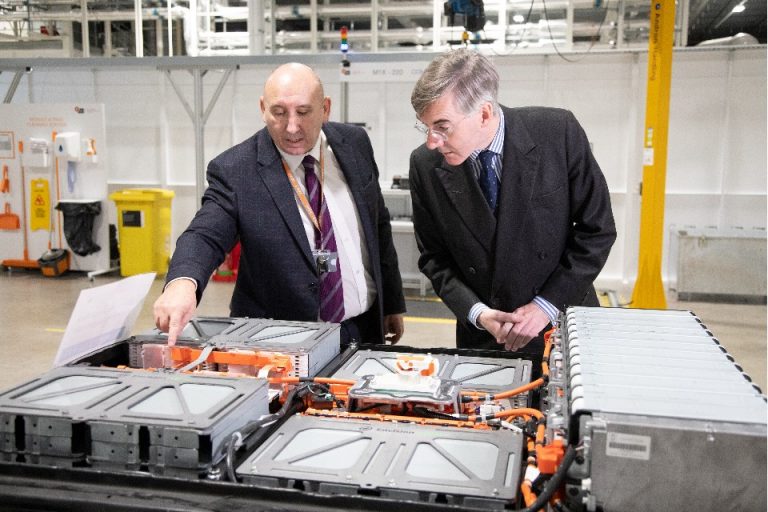Rishi Sunak to become Prime Minister
East Midlands law firm rewards team with a number of promotions
Over £200m to be pumped into battery research and innovation
“The Faraday Battery Challenge has brought the UK’s greatest minds and best facilities together to develop the innovations that will help us achieve this goal. The work it has done since 2017 has laid the groundwork for our future economic success and I am pleased to confirm this work will continue, supported by record funding.”
Greater Lincolnshire pumps £1.6m into training to tackle labour shortages
Extra training is being provided for HGV drivers and food production is becoming more automated thanks to funding worth more than £1.6 million from the Greater Lincolnshire Local Enterprise Partnership.
New College Head of Year crowned at BBC Radio Leicester’s Make a Difference Awards
£34m Investment in Zero-Emission Electric Bus Fleet
Building a career to be proud of! Leicester 22-year-old is first to complete housebuilder degree in the region
Frasers Group increases investment in Hugo Boss
Frasers Group has increased its investment in Hugo Boss.
In a statement issued to the London Stock Exchange this morning (24 October), the Shirebrook-headquartered retail group reported it now holds 4.3% of the iconic clothing giant’s total share capital and 20,089,000 shares of common stock via the sale of put options, representing 28.5% of Hugo Boss’s total share capitalThis brings Frasers Group’s maximum aggregate exposure in connection with its acquired interests in Hugo Boss, with the common stock holding valued at the closing share price on 21 October 2022, to approximately £840m.
The board state that strategic investments Frasers Group makes offer new opportunities for The Company, whilst also helping to support the long-term future of the existing retail businesses, and the many thousands of jobs they sustain.
The news follows the firm’s recent acquisitions of Studio Retail Limited and Missguided. Frasers has extensive ambitions to grow the business internationally and this latest acquisition will help further that ambition.
Boris Johnson pulls out of leadership race, leaving Sunak in clear position to be next PM
£1.14 billion devolution deal to go to councils for approval
- Work towards Net Zero and cleaner air with new low carbon homes, retrofit existing houses with external wall insulation, promote the use of renewable energy, and protect and enhance green spaces, like areas for wildlife and green verges
- Build on the region’s existing knowledge and expertise in green technology and promote the growth of a future low carbon economy by investing in related skills training at colleges and other training facilities
- Set up and coordinate smart integrated ticketing and enhanced concessionary fares schemes
- Work with Homes England to build more affordable homes, by using new powers to buy land and housing (with district and borough council consent)
- Enhance the region’s economy by developing new commercial space to maximise opportunities
- Work with national Government on initiatives to address homelessness, domestic abuse, community safety, social mobility and support for young people
- Take advantage of economies of scale by using combined and devolved budgets to deliver more value for taxpayers and more cost-efficient services.












